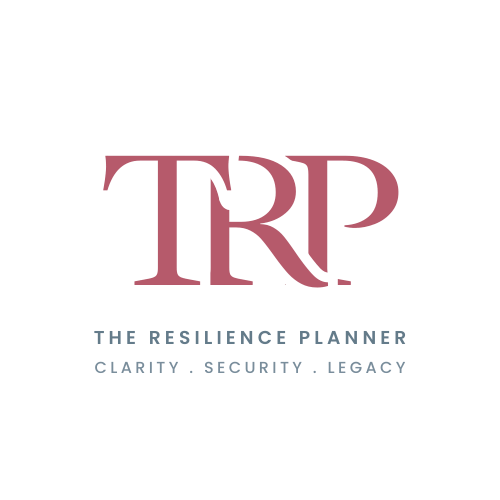5 Financial Planning Tips for Homemakers
Having worked with many families in Singapore, even though most are double-income families, there are still a handful where the family relies on a sole breadwinner for household income. Being a homemaker in Singapore is also not easy. With the rising cost of living in Singapore, the role of the homemaker becomes even more challenging. And because of this, I thought to share some financial planning tips for homemakers. I hope that these are helpful.
Budgeting for the Family
As mentioned, the cost of living in Singapore, while it’s not exorbitant, it is not very cheap either. With the upcoming GST increase, it is likely to take a toll on the household expenses. If the household income cannot keep up with it, the family’s cashflow might be affected in the long run. Hence, it is more crucial to ensure that the monies painstakingly saved be made to work hard for the family as well.
After setting aside the amount for emergency funds and short-term expenses, the rest of the savings can be put to more productive use. I will elaborate them below.
Risk Mitigation & Protection
Homemakers are not shielded from illness and accidents. Because of this, it is important to get a good lifetime insurance coverage for medical and critical illnesses. Moreover, this will be even more beneficial for a young homemaker, not just because of morbidity risk, but also health condition. A comprehensive medical insurance takes care of the outpatient and inpatient expenses before and after hospitalisation, while the critical illness insurance takes care of the expenses incurred not covered by the medical insurance. Examples are alternative treatment, recovery aids, home remodelling, caregiver hire on top of the daily household expenses. It is also not uncommon to buy tonics, health supplements etc when one is recovering from a dis-ease. Sometimes these can be expensive too.
Homemakers may also consider getting a Personal Accident coverage to take care of medical or recovery costs due food poisoning, infectious disease, or home accidents. These are inexpensive, and they complement the medical insurance.
Another area to look into is long term care insurance. Aging is a process that no one can run away from, and it definitely includes homemakers. Based on the findings by the ElderShield Review Committee, 1 in 2 will suffer some form of disability by age 65. That is a 50% chance!. Moreover, long term care expenses can become unmanageable if it’s not planned for.
“Golden Years” Income
Even though homemakers are “not working” in the traditional sense, they are also likely to “retire” when they reach their golden years. By then, they will also need some form of income so they can enjoy their golden years. Hence, homemakers should also think about building their retirement funds. The last thing most parents want, is to burden their dependants when they become old. What better ways are there than to be work towards and to ensure self-sufficiency during their golden years?
Debt Reduction
Sometimes, families might have taken up instalment programmes for some household items. Depending on the amount, it is prudent to pay off the debts as soon as possible. When it comes to debt repayment, there are 2 common approaches – the Debt-Avalanche method and the Debt-Snowball method. Homemakers handling the household finances should also learn to strategically plan and manage the household debts. (For this post to be on topic, I won’t be elaborating this in detail. )
You can read more here: https://www.investopedia.com/articles/personal-finance/080716/debt-avalanche-vs-debt-snowball-which-best-you.asp
Handing Over to the Next Generation: Money & Values
Sometimes, homemakers would have saved a substantial amount of monies over the years. If not utilised, these will go to their dependents. How the dependents used these monies depends largely on the money values system instil upon them. If there are any concerns for potential mis-handling of the large sums of monies, homemakers might also consider setting up trust structures in place to manage the monies even after they passed on. These days, the costs of setting up trusts are much more affordable.
If any of these financial planning tips resonate, do consider making plans for yourself, or someone who’s a homemaker that you care for. A homemaker typically holds the fort of the family, and if anything were to happen to them, the least the family can do is to ensure they don’t become worse off financially, while spending time to nurse the emotional hurt / pain / grief.
Want to start, but don’t know how to? Maybe I can help. Let’s get to know each other better first. WhatsApp to schedule a video call with me.
Ready to do a Financial Wellness review? I will need some information from you. Send me your request via Email.
Still not yet ready? You can also connect with me via LinkedIn, and Facebook.







